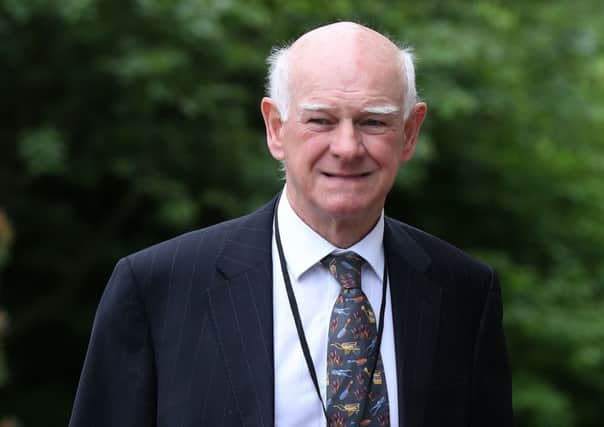RBS boss says focus on survival to blame for bailout failure


Howard Davies said the government “has for the most part been an excellent shareholder” but that taxpayers are “unlikely to recoup its investment in full” given the bank’s languishing share price ten years on from its £45 billion rescue.
“The focus on survival over a decade has had a cost,” he said in a lecture prepared for Kings College in London, marking ten years since the financial crisis.
Advertisement
Hide AdAdvertisement
Hide AdLoan loss provisions, hits from acquisitions and costs linked to misconduct and litigation over the likes of mis-selling of payment protection insurance (PPI) and sub prime mortgages in the US, were a major drag on RBS finances.
“The bank has lost almost £130bn during the period,” Mr Davies said. “That amounts to around four-and-a-half times the bank’s current market capitalisation.”
RBS - which is still 62 per cent owned by the government - was also hit with £15 billion in restructuring costs in a bid to shrink the bank which was once the largest in the world prior to the financial crisis.
“There has also been another significant drag on the bank’s book value which is not captured in these figures,” he said, pointing to EU requirements linked to its state bailout.
Mr Davies floated the possibility of a share buyback programme that would further dilute the government’s stake, which could be “well below 50 per cent” by the end of the current parliament.
“It is possible that the company could contribute to the sell down by using some of its surplus capital to buy back shares, as part of a wider offer.
“To do so would require shareholder approval, but the logic is clear. A smaller, less risky bank does not need the size of capital base it had in the past.”
He noted that RBS was forced to loosen its grip on the SME lending market, which ultimately ended in a failed bit to spin off and sell a separate entity known as Williams and Glyn.
Advertisement
Hide AdAdvertisement
Hide AdIt has since settled on providing a £775 million fund meant to boost competition in the UK banking sector.
“It seems clear that, in aggregate, the cost of these remedies to the bank and its shareholders was very much greater than could reasonably have been forecast at the time.
“It is another important reason why the book value of the bank is not greater than it is today,” the chairman said.